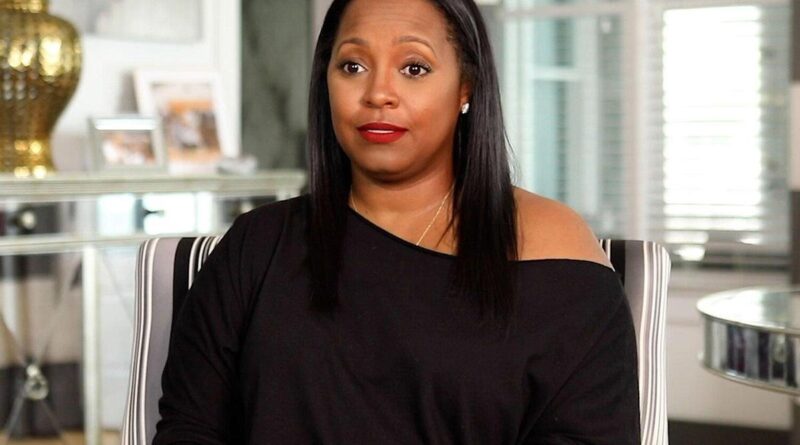Keshia Knight Pulliam Discusses Impact Of COVID-19 Pandemic Shutdown On Her IVF Dreams
At the start of the COVID-19 pandemic, sick patients overwhelmed hospitals, which led to a recommended national shutdown of fertility clinics from the American Society of Reproductive Medicine. Unfortunately the pandemic and the subsequent March 2020 shutdown halted thousands of in vitro fertilization cycles.
Actress Keshia Knight Pulliam reveals that she is among the many women affected by the national shutdown, resulting in the discontinuation of her IFV dreams at the moment, according to PEOPLE. She and her new husband, Brad James, were hoping to give her 4-year-old daughter, Ella, whom she shares with her ex, Ed Hartwell, a sibling.
She shares her experience in an episode of Eggs Over Easy: Black Women & Fertility, an OWN documentary now streaming on Discovery+.
“I never thought I would be one of the stories shared within the documentary,” Pulliam tells PEOPLE about the project that she’d signed on to host. “I was 41 at the time and knew that I wanted another kid, but I knew that it wasn’t right now.”
In vitro fertilization is a costly, precisely timed process that takes two to three months per cycle. Only patients who had already taken their first doses of hormone medication were allowed to complete that process, after which those eggs were frozen, as per a NOVA report. When the country went into lockdown, “elective” medical procedures were put on hold.
“I began the process of freezing my eggs,” the Atlanta-based actress continues, “and then literally the day that I was supposed to start my meds is when, as a result of the pandemic, they shut down all elective medical procedures. So, I was unable to continue.”
“I think a lot of people didn’t realize that, with the world shutting down in the pandemic, it didn’t just affect your ability to go to the mall, or to do sporting events the way you want to, but it definitely affected a lot of people from a medical standpoint,” Pulliam adds. “People were unable to get mammograms and cancer surgery [which] were very much needed.”
“It’s crazy that preserving your right and your ability to have a baby is considered elective. It shouldn’t,” she says. “It should be an option that’s given to all women.”
Pulliam is proud to be apart of the conversation, through bittersweet, she believes it’s essential for the Black community to remain aware and share their stories.
“We cannot feel shame around these issues,” she says. “And the more we talk about it, the more we share our stories, the more that we empower other women. And that’s what we have to do, specifically Black women.”

